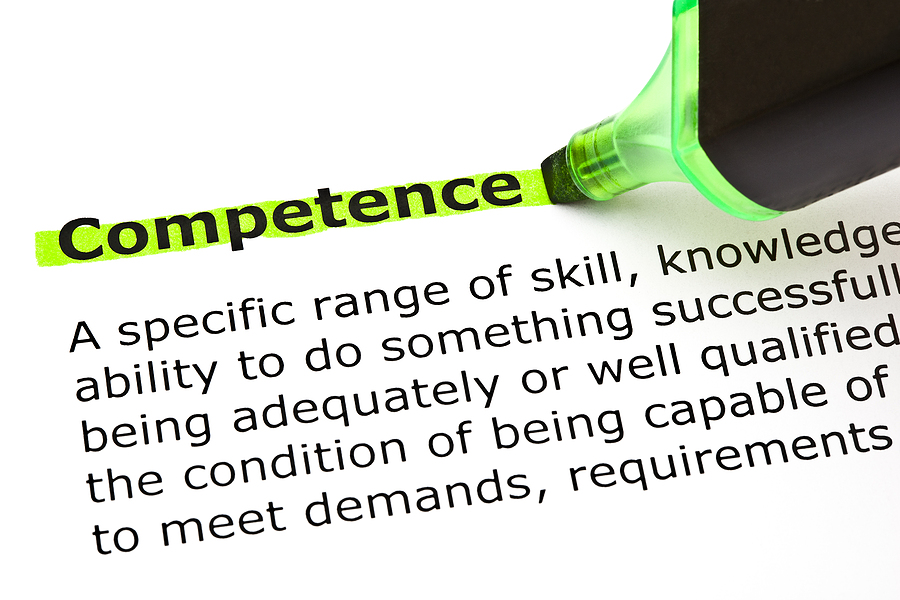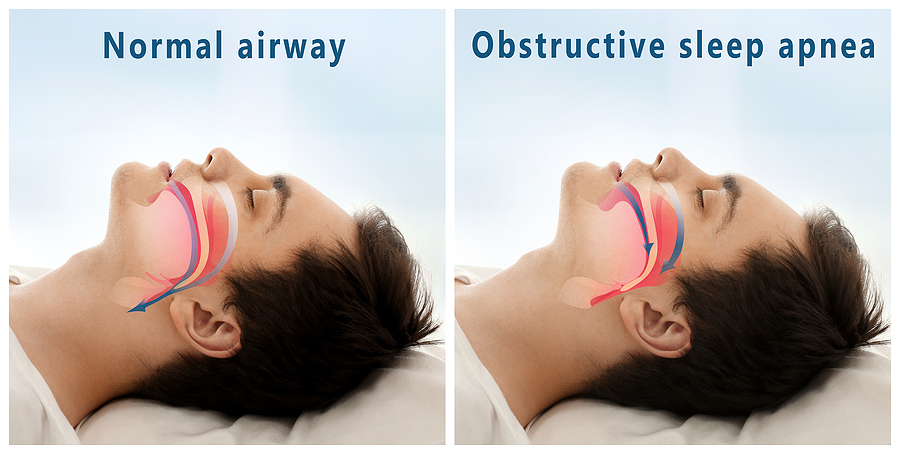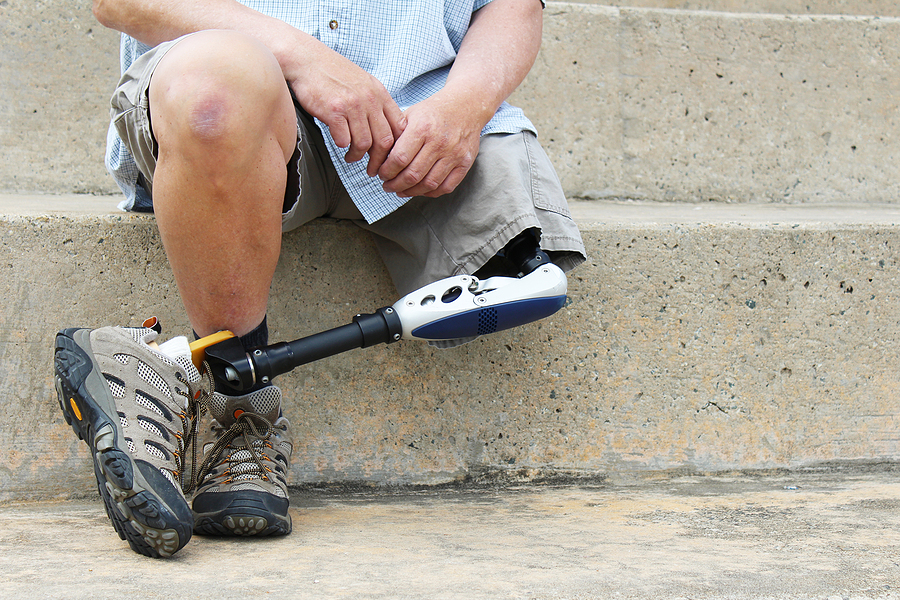C&P Exams DBQs VA Disability – Requesting disability compensation from the Department of Veterans Affairs (VA) is easy. If you spend some time writing down a list of disabilities you may be entitled to; the online submission can take less than 30 minutes. Understanding the process requires a bit more effort.
Not every SM completely understands what a VSO does, can describe the merits of a BDD claim compared to an FDC, or can articulate why the VA uses C&P exams and DBQs. That set of concerns does not address how the VSCMs, VSRs, and RVSRs at the VSC will process your claim and ultimately determine your disability rating.
As the last paragraph probably demonstrates, understanding some basic terms, definitions, and concepts goes a long way. Here are a few important ones:
Compensation and Pension (C&P) Examination:
A type of Examination Service.
The MOST COMMON type of disability examination service. C&P exams are a set of disability examination appointments the Department of Veterans Affairs (VA) provides to veterans at no cost. The “free” nature of C&P exams makes them very popular with most veterans. Typically, C&P exams are performed by VA contractors, not directly by VA staff providers. This is the “bargain basement” version of disability examination. C&P exam performance can vary significantly between contracted examiners, leading to veterans with similar diagnoses having vastly different disability ratings.
The written products of C&P exams are Disability Benefits Questionnaires (DBQs).
3rd Party Disability Examination:
A type of Examination Service.
3rd Party Disability Examinations are the LEAST COMMON type of disability examination. The VA does not fund them. Instead, veterans have to pay clinicians to examine them out of pocket. Because of that, they are less prevalent than C&P exams. They are called “3rd party” since the examiner performing the disability examination is a 3rd party to the VA disability evaluation process. That is, the examiner is not the veteran (1st party), the VA, or a VA contractor (2nd party). 3rd party examiner evidence is considered higher quality based on VA disability rating appeals cases. However, they are often difficult to obtain since VA forms are long (10-15 pages per diagnosis), and treating providers are unfamiliar with VA disability terminology/mechanics.
The written products of 3rd Party Disability Examinations are also Disability Benefit Questionnaires (DBQs).
Private Medical (Disability) Examinations:
Private Medical (Disability) Examinations are the same as 3rd Party Disability Examinations. The terms are used interchangeably. In this case, “private” means “not contracted by the VA”. As a veteran, you may select any doctor for your disability examination.
Disability Benefit Questionnaires (DBQs):
“Paperwork.”
Written reports of disability examination on specific VA forms (Disability Benefits Questionnaires) performed by licensed clinicians (Nurse Practitioner, Physician Assistant, Physician). The DBQs can be completed by any clinician regardless of employment or association with the VA. DBQs may be achieved through C&P exams or 3rd Party Disability Exams.
What is the difference between the C&P exam and DBQs?
Even with these definitions, it might be hard to understand the difference between C&P exams and DBQs. In essence, one is the product of the other. Putt: the C&P exam is a process. The DBQ is paperwork.
The C&P examination is when a clinician evaluates a veteran for a particular claimed condition. The VA-contracted clinician talks to the veteran perform an appropriate physical exam and may use other diagnostic equipment to determine function and health.
The DBQ is the written report that gets turned in to the VA due to the C&P examination.
Do I have to go to the VA-assigned C&P exams?
C&P exams are only one way to produce DBQs. They also happen to be the cheapest possible way. C&P examiners have a wide range of skills and experience, and there is no way to know you were assigned a good one before you attended your appointment. To ensure the highest quality DBQ gets submitted to the VA, you may need to consider selecting a physician based on their competency and reputation.
Common sense question: do you think the “lowest government bidder” C&P exams will produce the highest quality DBQ for you?
Veterans are free to choose an examining clinician based on their best judgment. You can also get disability exams from any number of clinicians.
There is more than one way to get your DBQs!
Why does the VA try to force their own C&P exams?
Some VA staff unwittingly equate the terms C&P exam and DBQ. Because of this, it can make communication with the Veterans Service Representative (VSR) difficult. When veterans put in claims, the standard process of the Rating Veterans Service Representative (RVSR or Rater) is to request C&P exams. Even if you submit a Fully Developed Claim (FDC), the Rater WILL request C&P exams. Once the Rater requests the C&P exam, the Veterans Service Representative (VSR or Customer Service Representative) will be notified. The VSR will call you to let you know to attend the exams.
Confused? You are not the only one.
Consistently, this is when communication breaks down. When you speak to a VSR, they will equate the terms “C&P exam” and “DBQ.” They may not even know the word DBQ. Many operate under the mistaken perception that they are the same. They think that the C&P exam is the DBQ. You know better, and you are free to seek DBQs from any qualified source. You also know that C&P exams are highly risky for pilots.
What if I refuse the VA C&P exams in favor of 3rd party examinations?
If you refuse a VA or VA-contracted C&P exam, 1) it may confuse your VSR, and 2) the VSR may go into crisis aversion mode. They “know” you need a C&P exam! Many VSRs genuinely believe the only way to get a DBQ is by attending a C&P examination.
To the VSR, your saying you will not attend C&P exams is tantamount to an “automatic denial” of your claim. VSRs are paid to help veterans, and their hearts are generally correct.
However, anyone who says you must attend a C&P exam is wrong. You are free to deny the C&P exam. Even so, when you decline C&P exams, you should expect some resistance from the VA. Many VA staff members do not understand the process and have equated C&P exams with DBQs.
C&P exams are not required, and 3rd Party Disability Examination often results in higher quality DBQs. A well-selected examiner will document your condition more accurately and more thoroughly. That means the disability rating you receive will reflect what you are entitled to.





